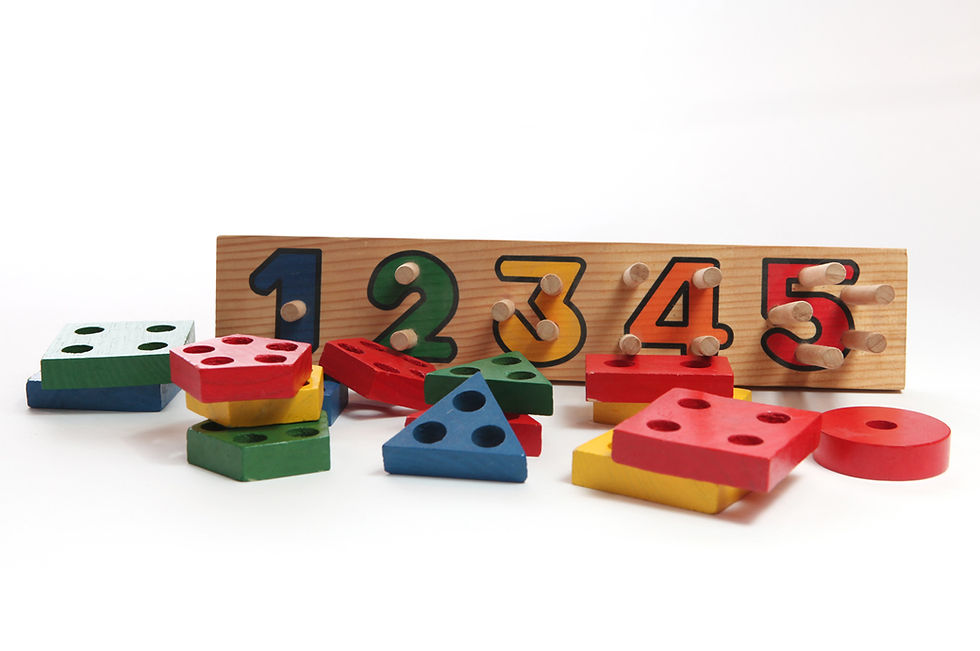Pediatric Occupational Therapy & COVID-19
- C.A.R.A. Therapy

- Aug 6, 2020
- 3 min read
The spread of coronavirus (COVID-19) has caused all of us to change routines in order to keep ourselves and loved ones safe and healthy. For parents, the challenge may be greater—juggling working from home with providing children’s educational and basic needs can cause stressful situations. Fortunately, the foundation of occupational therapy, which is promotion of engagement in daily activities to promote mental and physical well-being, can help families adapt and thrive.

As we all adjust to a new ‘normal,’ occupational therapy is serving a critical and unique role in supporting families’ adjustment to disruptions in routine and daily life.The distinct value of occupational therapy lies in the ability of practitioners to help children and their families design solutions for the challenges of everyday living.
Occupational therapy practitioners can help children and families navigate disruptions to their daily routine due to COVID-19. Here are some of the strategies that pediatric occupational therapists recommend:
1. Participate in meaningful activities. While screen time can be a valuable tool for educational purposes, remaining socially connected, and keeping in touch with family and friends, it is important to help children to build healthy habits and routines. “Take some time to do things you enjoy as a family that do not involve screens. For younger children, take some time to play on the floor with them using toys they are interested in.” For older children, try a family board game night or start a puzzle together.

2. Rely on familiar routines. Children thrive on consistency and clear expectations. While your day-to-day life might currently look different as a family, consider identifying or creating small, predictable routines throughout your day . For most families, it is not feasible to try to provide your children structure throughout their entire day, as many parents continue to work from home and frequently have other roles they are balancing. Rather, try to build a familiar, comforting routine around one daily activity, such as getting ready in the morning, mealtime, or the transition to bedtime. Consider asking your child to identify what is meaningful to them during these routines, such as reading a story, helping to prepare a meal, or cuddling on the couch before breakfast.
3. Take time for rest and sleep. Sleep is important for both mental and physical health. While it may be tempting to stay up late and let everyone sleep in, try to keep your family members’ bedtime and wake-up times similar from day to day. If you or your children are having trouble falling asleep, consider introducing a relaxing bedtime routine. It can be as simple as bath, brush teeth, book, bed. And remember, viewing screens before bedtime (even for “relaxing shows) can make it harder to fall asleep.

4. Be gracious with yourself. It may be easy to feel guilty as a parent for the sudden increase in screen time or lack of structure throughout your day. It is important to acknowledge that this is a challenging time for everyone, and that each family is doing their best. Consider setting one achievable goal for the day such as going for a walk as a family, or providing words of encouragement to each child. Take time to think about what went well during your day and acknowledge moments of joy as you experience them.
Occupational therapy is a skilled service that focuses on facilitating development, enhancing function, and maximizing independence in all daily life activities. For children, the word “occupation” refers to play, self-care, schoolwork, and other activities that occupy a child’s time.



Comments